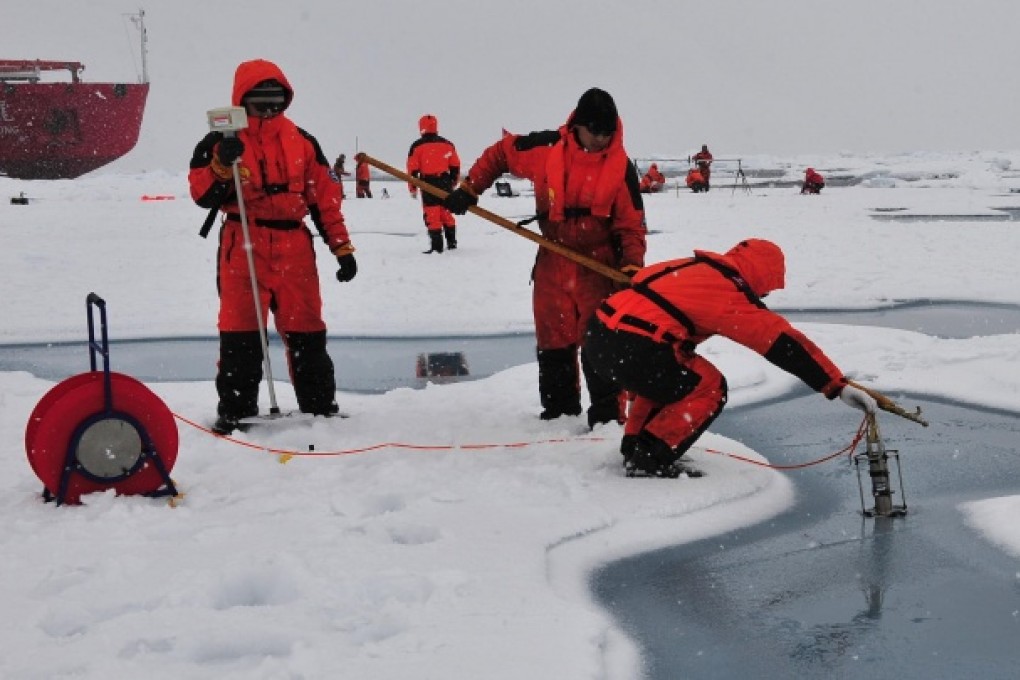Landmark decision sees China join Arctic Council as an observer
Observer status means Beijing agrees to surrender all possible claims and rights to a region that is controlled largely by eight bordering states

China's diplomats have won a long-running cold war with the country's marine officials over the Arctic.
For years they debated whether China should join the Arctic Council as an observer, giving up all possible claims and rights in the increasingly sensitive and important region.
The Ministry of Foreign Affairs, insisting "yes", had a victory on Wednesday when the council agreed to include China, and five other nations, as observer states.
Ministry spokesman Hong Lei said the council's decision was "appreciated" and "welcomed".
"China accepts arctic states' sovereignty, sovereign rights and jurisdiction in the Arctic region and their leading role in the council," he said on the ministry's website. "The decision of the council will help China strengthen exchanges and co-operation with the relevant parties within the framework of the council, to contribute to the work of the council, promote peace, stability and sustainable development of the arctic region."
The milestone event was reported on the State Oceanic Administration's website in just one matter-of-fact sentence. Requests for comment were turned down by the administration and its polar affairs subsidiary, the Chinese Arctic and Antarctic Administration. "It is a diplomatic affair. We will not comment on it," an official said on Thursday.